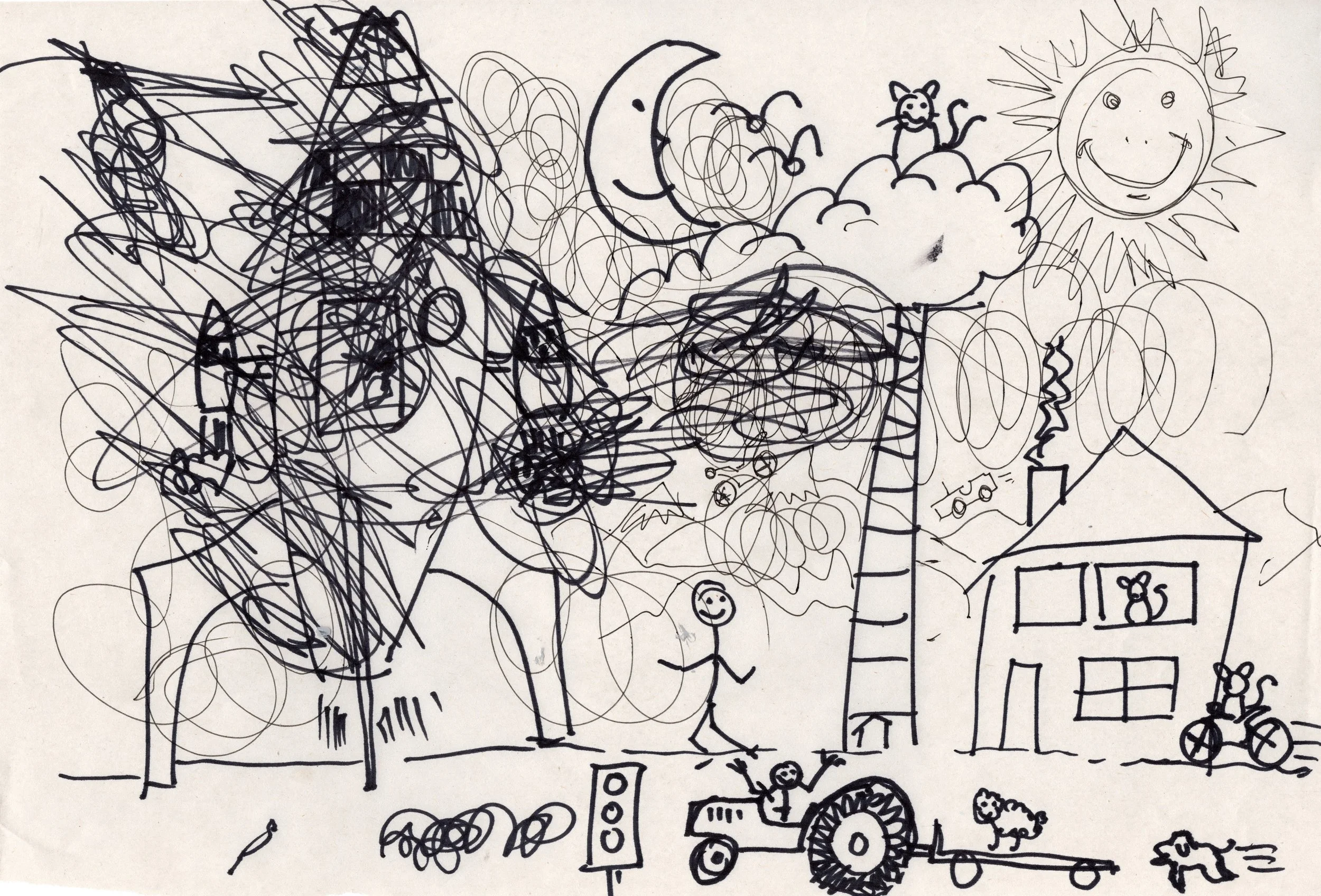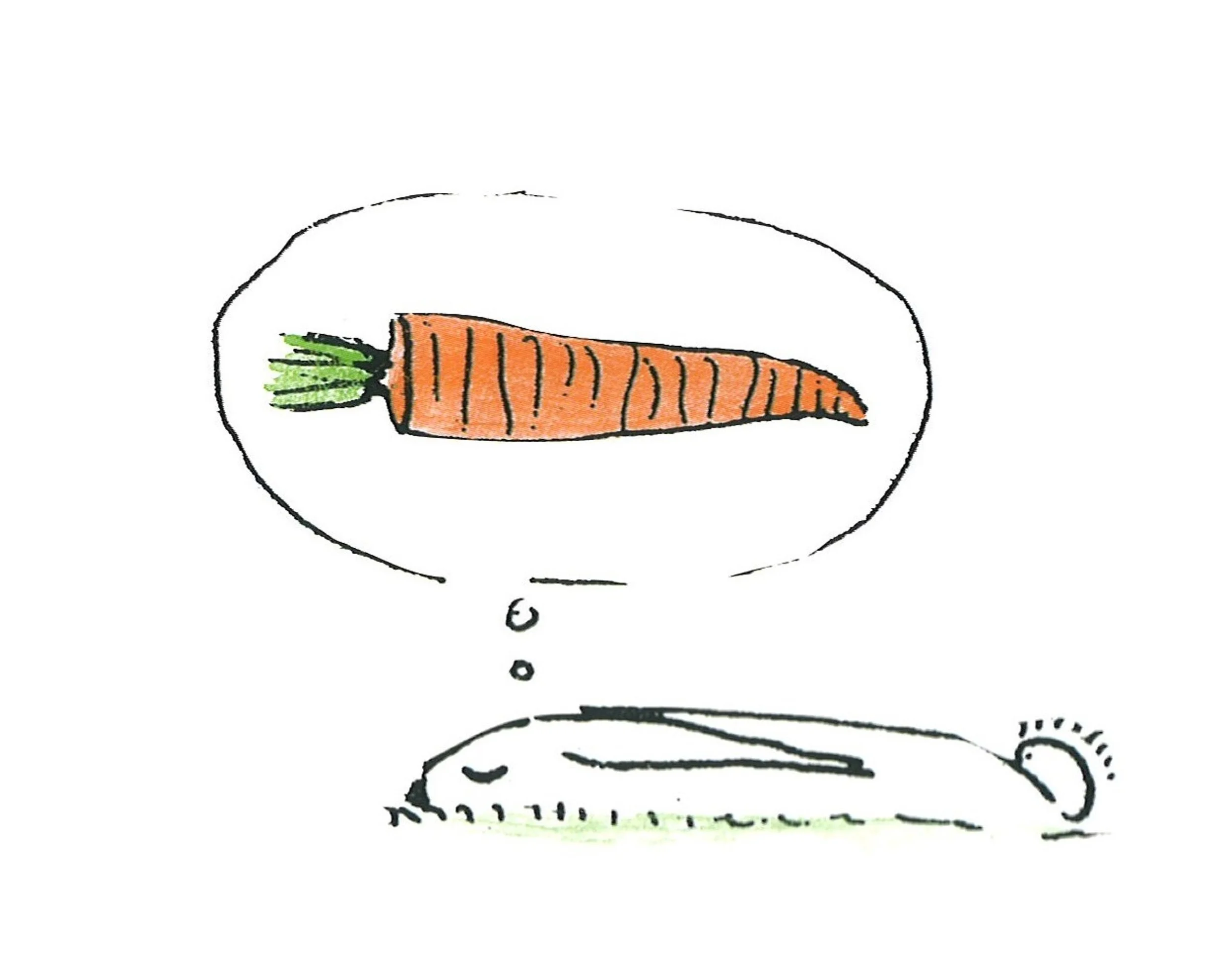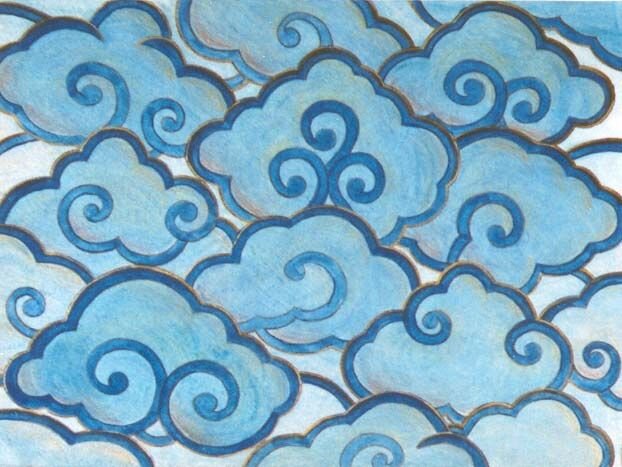In today’s complex, information-rich world, it is easy not to get lost in irrelevance and lose sight of priorities. Socratic questioning and Critical thinking is a crucial skill and is the ability to be able to separate what is important and relevant for decision-making.
Hot Gossip
Gossip is part of our culture. It has fuelled tabloid newspapers, TV shows, and tell-all books and has found itself in many company cultures. The problem is that gossip, more often than not, tends to be negative. It’s a way of talking about someone who isn’t present and to whom you wouldn’t talk in the same way if they were directly in front of you.
Six Socratic Questions for Critical Thinking
The 6 questions of Socratic Questioning are still highly relevant today and indispensable to problem-solving. Problem-solving and critical thinking are indispensable to any creative pursuit or design thinking, where integrity, authenticity, and truth are important. In fact, the Socratic method of questioning is the essence of critical thinking.
Asking Questions. 5 key questions for solving complex problems.
Will the Sun Rise Tomorrow? Critical Thinking.
VUCA
Clouds and Clocks
Systems and reductionist thinking.
According to Karl Popper, all problems are either Clocks or Clouds. A clock is something you can take to pieces analyze the parts and work out how it works. A cloud is a dynamic system, you can’t it apart. The way to understand a cloud is to study it in a holistic way.














